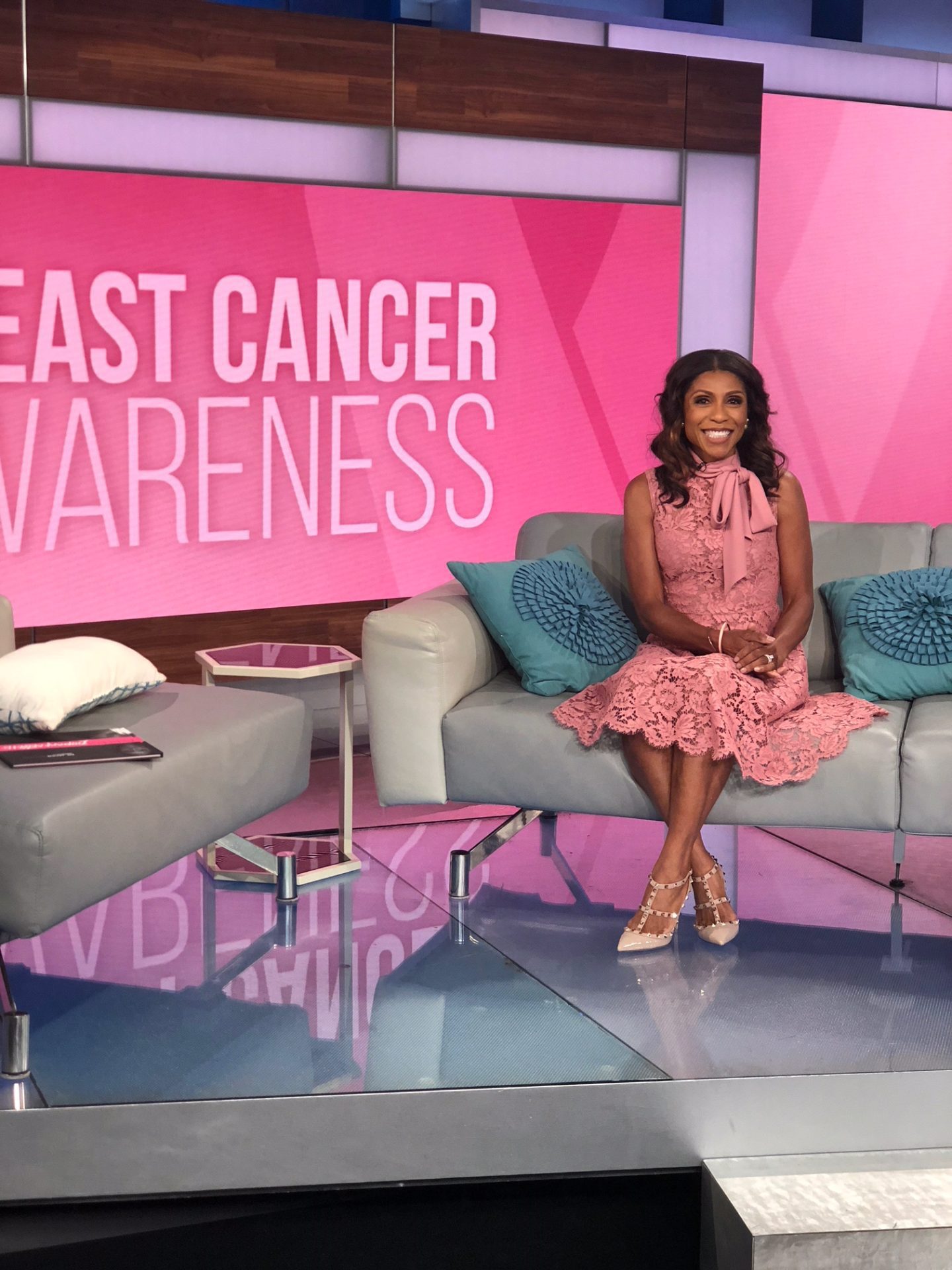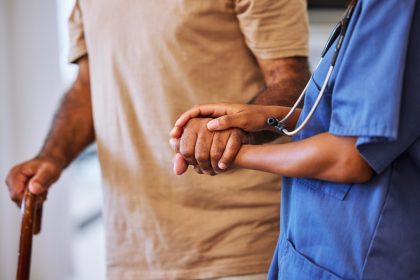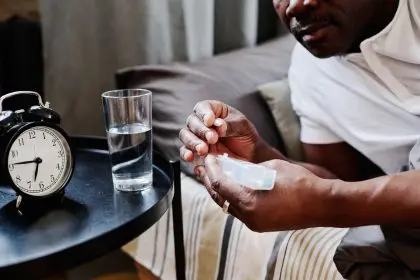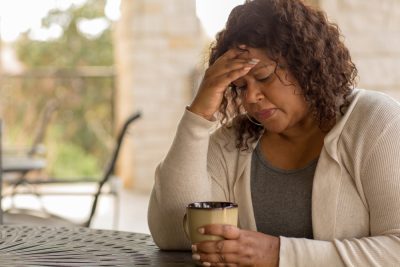 The numbers aren’t pretty. According to the U.S. Department of Health and Human Services, minority communities are struggling with certain health problems more than whites. Consider this:
The numbers aren’t pretty. According to the U.S. Department of Health and Human Services, minority communities are struggling with certain health problems more than whites. Consider this:
• African Americans are twice as likely — and Hispanics 1.7 times as likely — to have diabetes.
• African American men and women are 30 percent more likely to die from heart disease than non-Hispanic white males.
These are just two of many troubling statistics that speak to a major challenge facing our country. But it’s not all bad news.
April, National Minority Health Month, is coming to a close — the last 30 days have been aimed at focusing attention on the need to improve health care in communities of color across the country. But, luckily, this is just the beginning; major strides in health care technology are empowering minorities to avoid being just another statistic.
This year’s theme was “Advance Health Equality Now: Using Our Communities to Bring Health Care Coverage to All.” It’s a call for everyone to come together to improve health in minority communities and increase access to good and affordable health care. Thanks to high-speed broadband, rather than break the bank on travel expenses, many Americans, including minorities, will increasingly be able to receive remote consultations from specialists across the country; patients with chronic conditions can receive care at home or while on the go with a wireless device; and all Americans can utilize mobile apps to monitor their fitness and nutrition. According to the Pew Internet & American Life Project, 72 percent of Internet users say they looked online for health information within the past year.
Broadband Internet access, especially mobile broadband, can go a long way in terms of achieving the goals of improved health care access and affordability. According to comScore, smartphone ownership is at 54 percent in the U.S. That’s a lot of iPhones and Androids in the pockets of Americans across the map, and when it comes to health care information, Pew Research reports more than half (52 percent) of the people owning these gadgets report using them to access health or medical information.
According to Pew data, minority communities are more reliant on mobile connections to access the Internet. That’s why mobile health — or mHealth — should dominate discussions on minority health beyond April. The ability to make informed decisions that impact your health with quick and easy access to information, no matter where you happen to be, greatly improves overall awareness. Not to mention that being able to use mobile broadband to do things like track your medications can improve lives. Innovations in mHealth and telemedicine are making health care more convenient, patient-centered and cost-effective.
As the networks that power fixed and mobile broadband continue to evolve, more advanced services and more powerful health care apps will become available. For example, doctors, nurses and first responders are using high-speed Internet more and more to access and transmit health records, images and information at mind-blowing speeds, leading to more efficient diagnoses and treatments. The ongoing transition to all Internet Protocol (IP) networks will provide robust infrastructure to build on these innovations and support more devices and data, both at home and out and about. Communities of color — as well as in all communities — stand to greatly benefit from innovations in health care technology, particularly those enabled by high-speed broadband.
Policy makers can hasten the move to next-generation networks by adopting a modernized approach to regulation of the rapidly evolving technology industry. Higher broadband speeds and IP-enabled services will fast-track us to achieving our national health care goals.
So while statistics paint a gloomy picture of health in minority communities, there’s definitely room for optimism. A connection to high-speed Internet can be a route to better health. With more and more people in minority communities going online each day, hopefully one day soon National Minority Health Month will be a time for celebration and not a call-to-action.
Jamal Simmons is co-chairman of the Internet Innovation Alliance.











